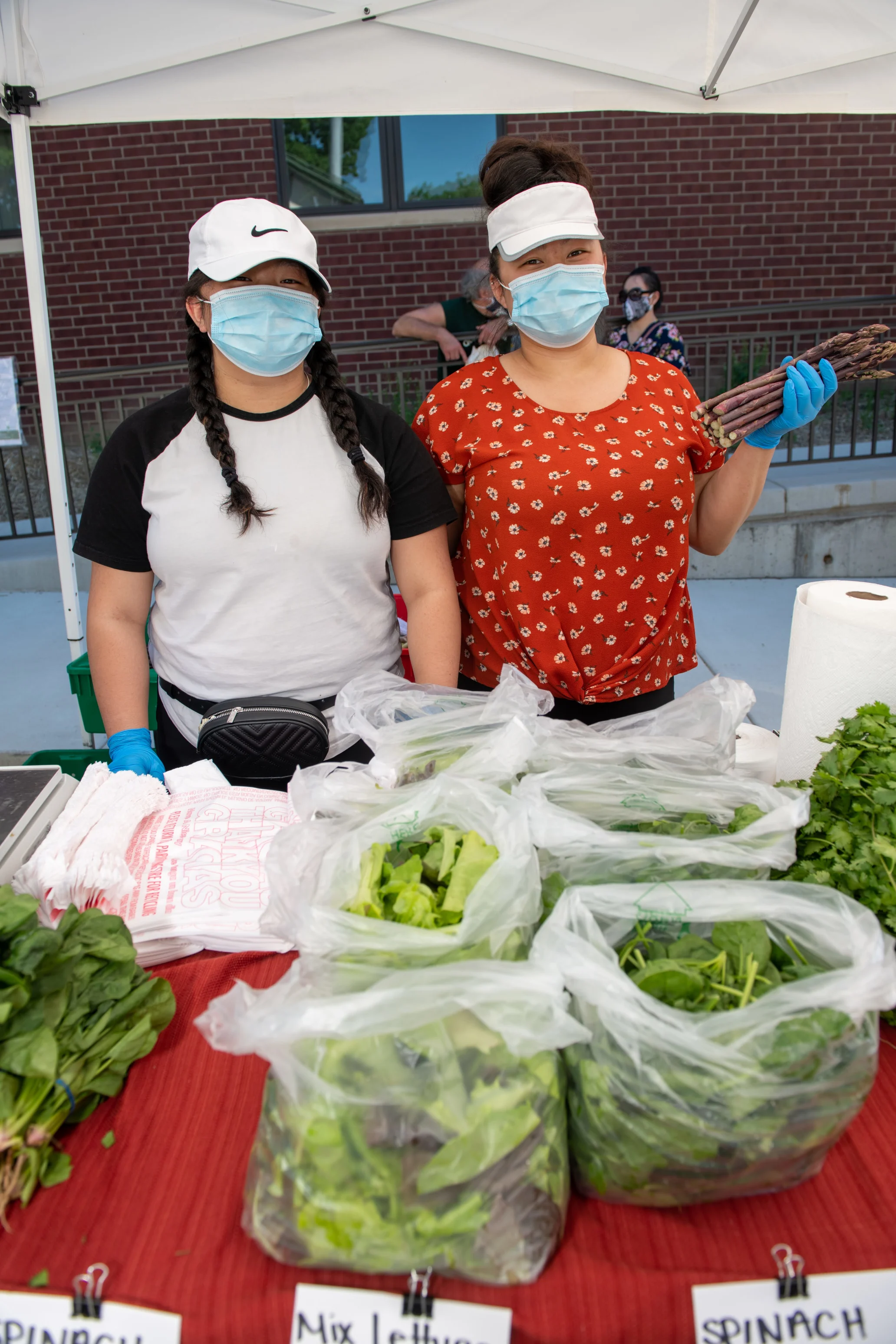Lending farmers a hand
The closure of farmers markets around Madison, Wisconsin, last spring left some Hmong growers at a disadvantage. As markets moved online due to the COVID-19 pandemic, growers were left behind if they weren’t proficient in technology or didn’t speak English as a primary language.

That’s where the accredited Groundswell Conservancy stepped in. Executive Director Jim Welsh and Community Director Yimmuaj Yang partnered with Community Land Trust to set up a small pilot market to help Hmong farmers having difficultly navigating online produce sales. Stands were set up three times a week in the parking lot of Linden Cohousing, a local cohousing community with a sustainable ethos on Madison’s east side.
The market is a hit with tenants of Linden Cohousing and neighboring residences, who come to purchase asparagus, garlic, spinach, rhubarb, chives and other healthy produce. For the farmers, the market is a welcome source of extra income. “We were surprised and so happy” when the pilot market was announced, farmer Vammeej Yang told the Wisconsin State Journal.
“This project came about thanks to a partnership that formed after Groundswell purchased a small farm in Waunakee adjacent to our Westport Prairie preserve,” says Welsh. “A retiring farmer challenged me to provide long-term security for some of the Hmong market and subsistence growers that had been farming her land for 20 years. In our second year of operation, we are now installing a well that will provide a reliable water source for the growers.”
Kirsten Ferguson is a frequent contributor to Saving Land, the Land Trust Alliance's quarterly magazine.